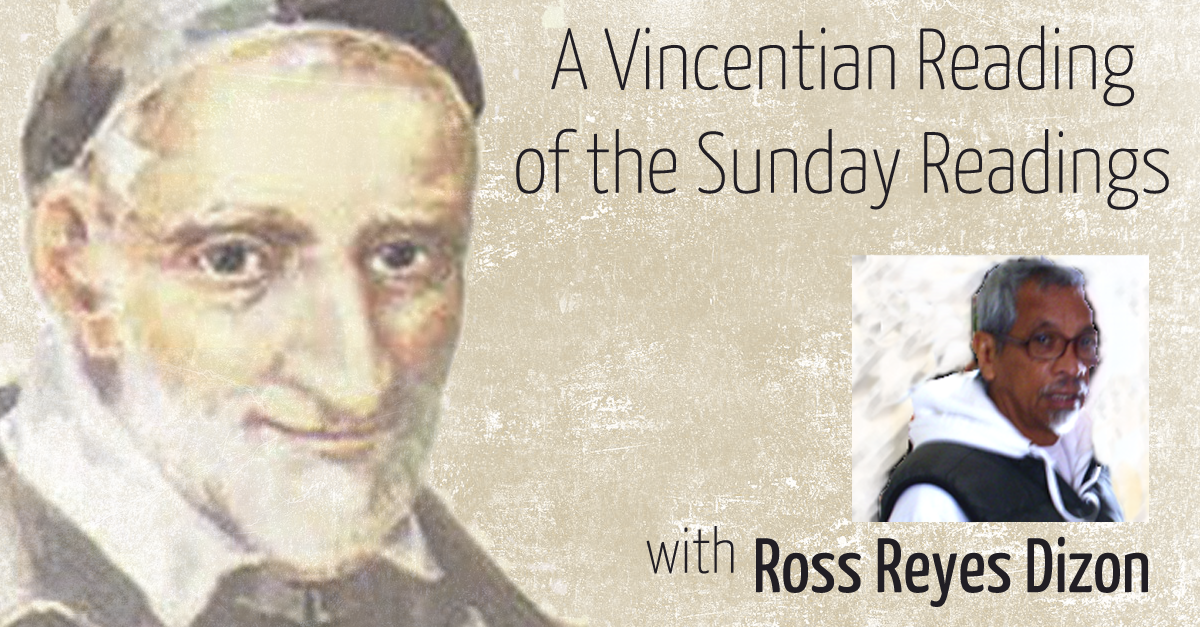Jesus is our peace. He breaks down, then, the wall of enmity among Jews, Samaritans and other peoples.
Jews and Samaritans hate each other. Consequently, one group takes the other to be incapable of doing anything good. When such enmity prevails, a scorned person’s good deed provides scorners an opportunity to learn.
Jesus takes advantage of the Samaritan’s saving and thankful faith to show that salvation is for everyone—Jews, Samaritans, Gentiles. In effect, he warns likewise that it is indeed quite possible that Samaritans and prostitutes enter the kingdom of God ahead of those who despise them.
The warning remains relevant.
Of course, there is no lack today, in the society or in the Church, of self-righteous people. These believe they have a right to everything good, and they insist on their privileges that are due to their race or their hierarchical rank. Hence, they have no reason to thank anyone.
These individuals flaunt their wealth, moreover, and tirelessly repeat, “I am rich.” They claim, too, that they possess the whole truth and that they always tell it, at the same time that they call liar every opponent. They think they know everything and that they alone can fix things.
And they always find people to use as their accursed Samaritans. These people are the foreigners who, accusers claim, cross borders to commit heinous crimes. Accusers think, therefore, that a great chasm or a very high wall will protect them from these criminals. And it never dawns on these “self-made” individuals that their wealth may be due in part to poor immigrants.
Much less are these affluent folks capable of admitting something like what St. Vincent de Paul said. He admitted that “we live … on the sweat of poor people,” and that the bread that we eat comes to us “from the labor of the poor (SV.EN XI:190-191).
In imitation of Jesus
The saint served as a bridge between the rich and the poor. The self-satisfied, on the other hand, divide.
The latter want a great chasm or a very high wall. They divide to conquer, which is the policy of those who come so that others may serve them. The former, in contrast, imitated the one who had come to serve. Those who understood nothing of the healing of Naaman tried to kill the Servant. And in the end, Jesus gave his body up and shed his blood to ransom even Samaritans. He remains faithful even to the unfaithful, for he cannot deny himself.
Grant us, Lord, to partake of the feast of rich food and choice wines that you provide for all peoples.
October 9, 2016
28th Sunday in O.T. (C)
2 Kgs 5, 14-17; 2 Tim 2, 8-13; Lk 17, 11-19








0 Comments